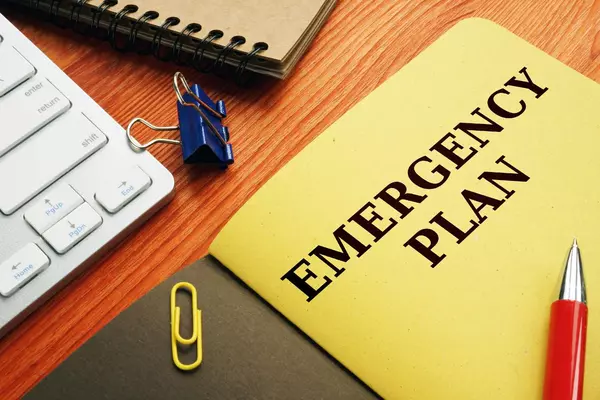
Downsizing Tips for Empty Nesters and Retirees
As life transitions from raising a family to enjoying retirement, many empty nesters and retirees find themselves living in homes that feel too big for their current needs. Downsizing can be an exciting and liberating process, offering financial benefits, reduced maintenance, and the opportunity to

Navigating Homeownership During Life Changes
Life is full of milestones that bring both joy and challenges. Major life changes such as marriage, divorce, or the birth of a child often come with significant financial and logistical decisions, especially when it comes to homeownership. Whether you're blending households, dividing assets, or pla

Remote Work's Impact on the Housing Market
The shift towards remote work has brought profound changes to various aspects of life, with the housing market being one of the most significantly impacted sectors. As more individuals and families embrace the flexibility of working from home, their housing priorities and preferences are evolving.
Categories
Recent Posts










